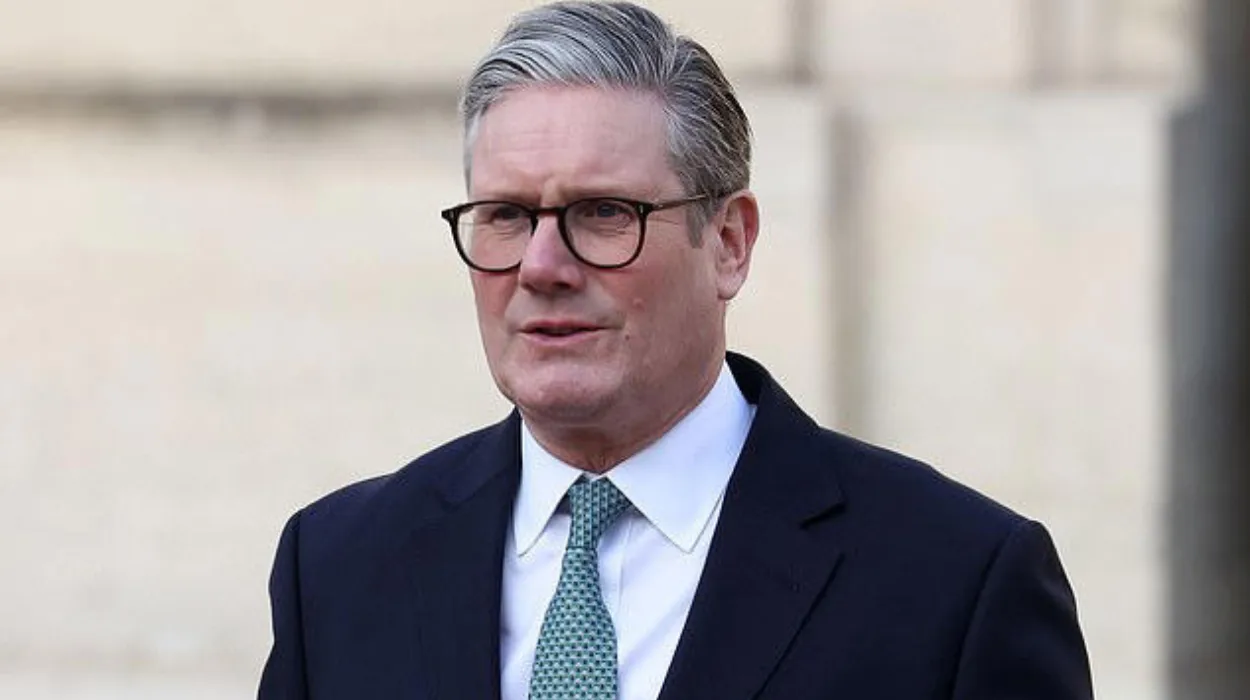UK (Parliament Politics Magazine) – Keir Starmer faces growing calls from political figures to boost defence spending, as he prepares for his high-stakes meeting with Donald Trump.
Ahead of an important meeting with the newly elected US president regarding the Ukraine conflict, the Labour leader is being urged by political figures to ramp up the defence budget.
What did Sir Ed Davey say about increasing defence spending?
The Liberal Democrats leader, Ed Davey, has intensified pressure on the Prime Minister, becoming the latest political leader to urge Sir Keir to raise defence spending to 2.5% immediately, alongside Kemi Badenoch and Nigel Farage.
He stated, “Donald Trump’s stitch-up with Putin amounts to a betrayal of Ukraine, the UK and all our allies. It is clear: we are living in a new and dangerous world. We must respond.”
What did Rachel Reeves say about the defence budget?
During a media talk on Thursday, Chancellor Rachel Reeves warned that boosting the defence budget might require “difficult choices,” hinting at potential cuts in other areas.
The chancellor stated,
“Recognising the priority of defence spending in the world that we live in today means that we will have to make difficult choices so that we can spend that money that is needed to keep our country safe.”
Ms Reeves added,
“I am absolutely committed to spending 2.5 per cent of GDP on defence. I am really clear that a strong economy depends on strong defences and our national security being protected. So we will set out that pathway to 2.5 per cent of GDP.”
Referring to the defence budget she stated,
“We’ll do it in a proper way, but no one should be in any doubt about my commitment to spend 2.5 per cent of GDP on defence.”
Kier Starmer’s stance on defence budget increasing
As Keir Starmer travels to Washington next week, he remains the only major UK political figure who has not supported calls to raise the nation’s defence spending to 2.5% by 2030.
While the prime minister seeks to underline the importance of sustained US support after Ukraine peace negotiations, he must show that Britain and European countries are serious about their defence rather than relying too heavily on America.
However, he has pledged to increase the UK’s defence spending to 2.5% of GDP, up from the current 2.3%, but refrained from guaranteeing that the target will be achieved before 2030. Last July, before departing for the NATO summit in Washington, he also committed to increasing defence spending only if an assessment of defence priorities deemed it affordable.
Military chiefs have informed the Prime Minister that the 2.5% defence budget target should be reached by the end of this decade, with plans to increase it to 3% in the 2030s.
Tanmanjeet Singh Dhesi’s views on defence spending
Tanmanjeet Singh Dhesi, the Labour MP, head of the Commons defence committee, stated,
“I’m reiterating my call to the Government for setting out a clear timetable ASAP about how we’re going to reach 2.5 per cent defence spending. At this critical troubling time for our continent’s defence and security, given Russia’s imperialistic designs, we as a nation must show leadership. That is what our friends and allies are also expecting of us.”
He added,
“Given the potential absence or significant reduction of American presence, this is our time as a nation to step up to the plate and take leadership on defence for the European continent.”
Will Sir Keir’s peacekeeping plan for Ukraine gain US support?
Labour leader plans to propose a peacekeeping proposal to Donald Trump during his Washington visit, recommending the deployment of 30,000 European troops to Ukraine.
British and French officials created a new strategy at an emergency meeting in Paris earlier this week, known as the “reassurance force.”
Although Keir Starmer has urged the US to provide a ‘backstop’ to avoid Russian attacks, Mr Trump has rejected the notion of US participation in peacekeeping operations in Ukraine after the war.
David Lammy, foreign secretary during his visit to Ukraine in the first week of this month, has pledged an extra £55 million ($68.7 million) in financial assistance to support the country’s security and defence.


